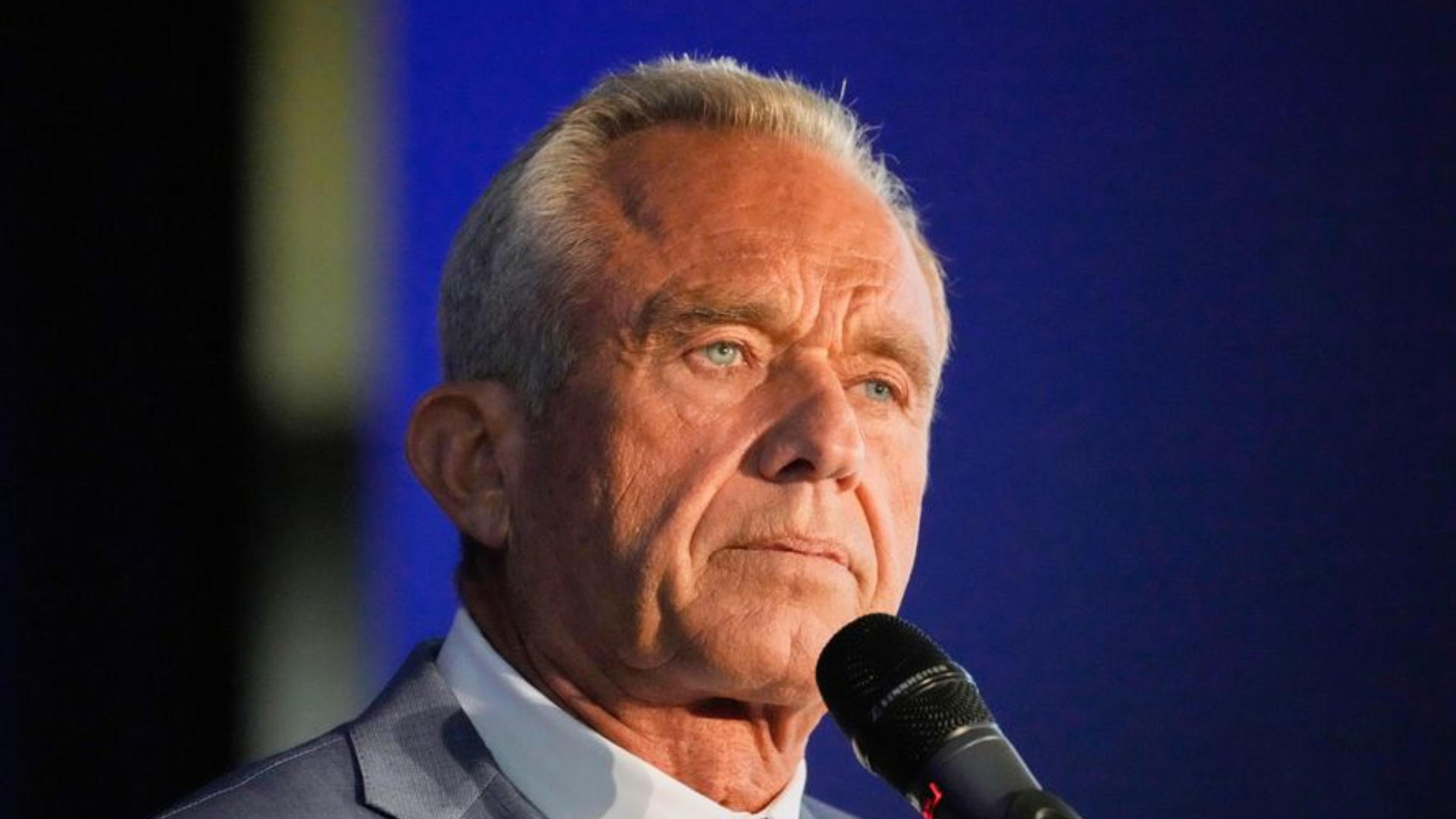With two declared leaders, unrest in the streets and foreign powers taking sides, Venezuelans awoke Thursday to an increasingly precarious political crisis — one that led the United Nations’ chief to plead for dialogue to prevent “total disaster.”
The head of Venezuela’s opposition National Assembly declared himself acting president Wednesday amid massive anti-government protests, openly rebelling against President Nicolas Maduro, whose opponents say was illegitimately elected for a second term.
Some nations — including the United States and Canada — have said they’ll recognize opposition leader Juan Guaido as president, while Russia, China and others are backing Maduro, setting the stage for a struggle for Venezuela’s future both within and outside the South American country.
Maduro seized on the US’ recognition of Guaido, accusing the United States of backing an attempted coup and announcing he was cutting remaining political and diplomatic ties with Washington.
His next high-profile move may come Thursday, when he is expected to speak at Venezuela’s Supreme Court, where he has support.
On Wednesday, hours after US President Donald Trump recognized Guaido as the country’s legitimate president, a defiant Maduro gave US diplomats 72 hours to leave the country.
“We cannot accept the invasive policies of the empire, the United States, the policies of Donald Trump,” he said to a cheering crowd of supporters. “Venezuela is a land of liberators.”
“We will not surrender,” Maduro added.
On Thursday, UN Secretary-General Antonio Guterres called for dialogue.
Speaking at the World Economic Forum in Davos, Switzerland, the UN chief said he hoped discussions could “avoid an escalation that could lead to the kind of conflict that would be a total disaster for Venezuela and the Venezuelan people and for the region.”
Maduro and Guaido vie for power
Guaido declared himself president on Wednesday in a dramatic swearing-in before throngs of supporters in Caracas, days after Maduro took the oath of office for a second term.
He said the day marked the beginning of an unstoppable movement to restore independence and democracy to the troubled nation.
“We know this will have consequences,” Guaido said.
Maduro’s election in May is one of the friction points. It was boycotted by opposition groups and largely discredited by opponents in his country, with hundreds of complaints of election violations and a low turnout.
The nation also is in a deep economic crisis. Maduro continued the social welfare programs and price control policies of his predecessor Hugo Chavez, who steered the country toward socialism before dying in 2013. Through nearly a decade of mismanagement, Venezuela has squandered its oil wealth, leaving its economy in tatters and residents fleeing in search of food and medicine.
The United Nations estimates as many as 3 million Venezuelans have fled since 2014.
10 dead in protests, local NGO says
Sporadic clashes erupted after Guaido’s swearing in — with news footage showing National Guard members launching tear gas canisters at anti-government demonstrators near one of the main highways in the capital.
“The young people of my country need freedom,” Grace Chacon said at a march in Caracas.
“We need to get loud. We need to be the voice of our country to say we are in trouble, we are in (an) SOS situation. … We’re fighting without guns. We’re fighting without anything. We just have our hearts. We just have our courage.”
Ten people died in nationwide protests Wednesday, Marco Antonio Ponce, executive director of the local NGO Observatorio Venezolano de Conflictividad, told CNN.
CNN has not independently verified the death toll and no official figures have been released by the government.
“I have no words to express the pain I feel as I continue to learn that Venezuelans have been killed during the protests in the last hours,” Guaido tweeted Wednesday evening. “To their families, I can only guarantee that Justice and Peace will reign in our homeland.”
Maduro: US bringing ‘Puppet presidency’
Maduro on Wednesday addressed a sea of supporters wearing red — symbolic of the government’s socialist revolution — from the balcony of the Miraflores presidential palace. He recounted a long history of “gringo interventions and coups” and said that only Venezuelans can elect and remove their government leaders.
“The imperial government of the United States is leading a coup attempt against us in order to install a puppet presidency that they can control in Venezuela,” he said in a speech broadcast live on state broadcaster VTV.
“We are here to reject any type of attempt to interfere with our nation,” said Betulio Reyes, a pro-Maduro rally participant. “We are independent and sovereign and can decide on the fate of our own lives.”
Jose Luis Gutierrez of Caracas vowed to “defend my country and my President against any foreign insurgency.”
US diplomatic tension
Trump vowed in a statement to use “the full weight of United States economic and diplomatic power to press for the restoration of Venezuelan democracy.”
Depending on Maduro’s response to the protests, Trump is prepared to take a range of actions in retaliation, including possible oil sanctions, two sources familiar with White House deliberations said.
US Secretary of State Mike Pompeo reiterated the United States would support Guaido as he carries out his duties as president and decides the status of the country’s diplomats in Venezuela.
Maduro does not have “the legal authority to break diplomatic relations with the United States or to declare our diplomats persona non grata,” Pompeo said Wednesday evening in a statement.
The US Embassy in Caracas issued a security alert indicating that US diplomats and their families will be restricted to travel only within a few neighborhoods in Caracas and school-age children will be staying at home.
The embassy will remain open during regular business hours but all visa appointments for Thursday have been canceled, the alert said.
The-CNN-Wire ™ & © 2019 Cable News Network, Inc., a Time Warner Company. All rights reserved. (Photo: CNN)





















